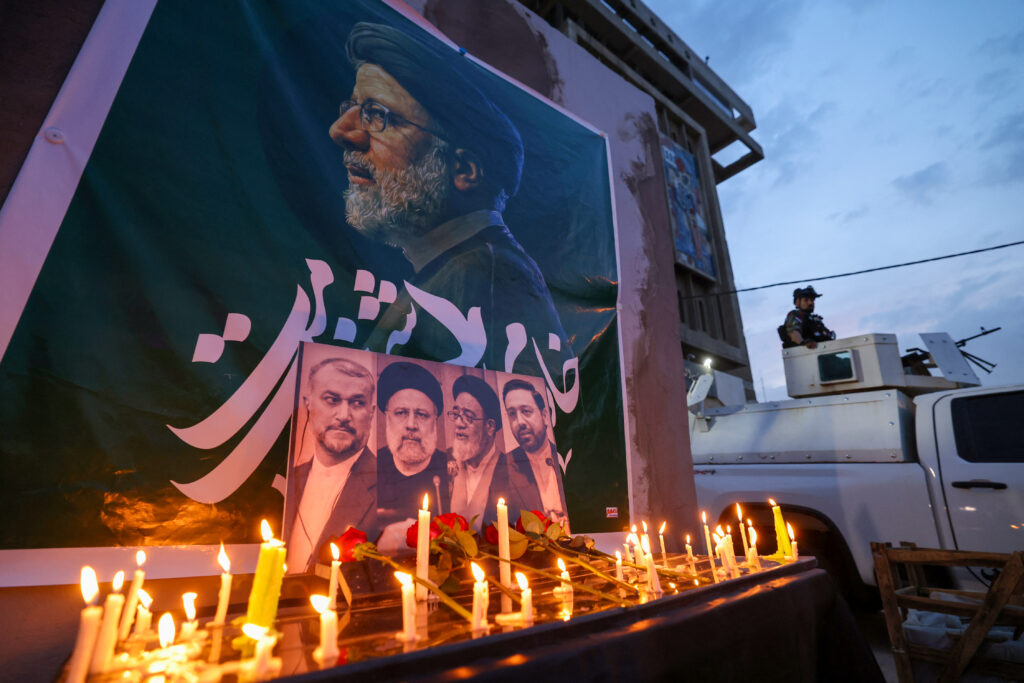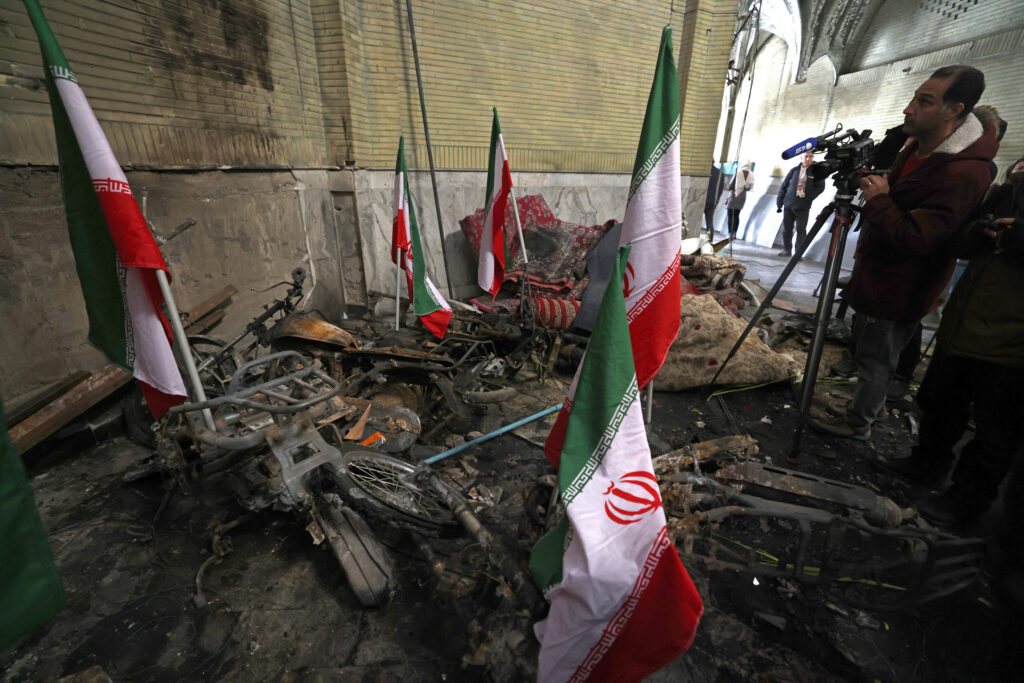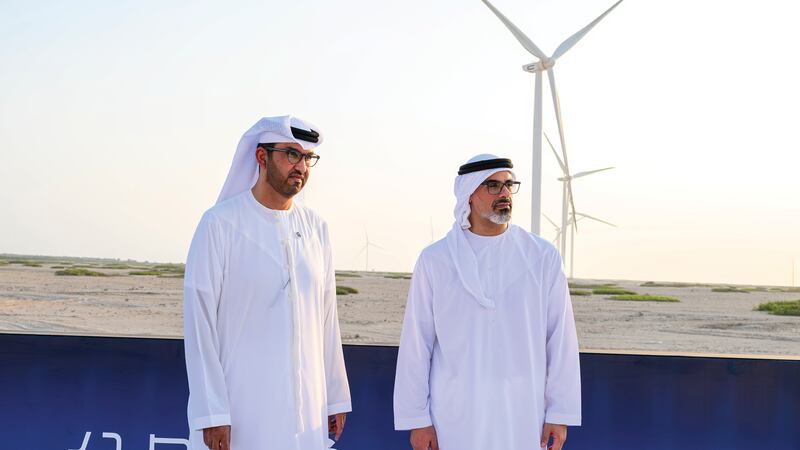The Middle East Institute asked experts from around the world for their views on the impacts of the sudden death of Iranian President Ebrahim Raisi, and Foreign Minister Hossein Amir-Abdollahian on the country and the region. Their views touched on a variety of themes, including the coming elections, Ayatollah’s Ali Khamenei’s succession, and state-society relations.
“The death of Ebrahim Raisi is not the first time that Iran has lost a serving president while in office. Early in the life of the Islamic Republic, in August 1981, President Mohammad Ali Rajai and Prime Minister Javad Bahonor were both killed in a terrorist bombing in Tehran. Today, the Islamic Republic has consolidated itself in power and feels far more secure in dealing with the loss of its president during his tenure. In fact, the Iranian state has proven itself quite adept at crisis management, by some accounts better at pulling the country through crises than in running it in normal times.
“As of now, there are no frontrunners in the upcoming presidential elections, to be held on June 28. The government has provided a two-week window for candidates to register to run in the elections, and the serving mayor of Tehran, Alireza Zakani, has already declared his candidacy. Over the coming days, a host of other aspirants are likely to join him in the race. One of the names that has been thrust into the limelight is the current Acting President, Mohammad Mokhber, who was serving as Raisi’s First Vice-President. With a background in the Revolutionary Guard and other passable revolutionary credentials, Mokhber may emerge as a front-runner in the coming days and weeks.
“Contrary to much speculation in the Western press, Raisi’s death is unlikely to complicate the question of succession to the 85-year-old Supreme Leader, Ayatollah Ali Khamenei. Raisi’s lacklustre economic performance while in office, coupled with his constant butchery of the Persian language whenever he gave public speeches, had ruled him out as a potential successor to Khamenei. Just as Khamenei was a surprise pick when he was elected to the position by the Assembly of Experts, the next Supreme Leader is also likely to be someone few observers expect.
“The loss of the Foreign Minister, Hossein Amir-Abdollahian, will no doubt be felt in Iranian diplomacy. A familiar face on the international scene, Amir-Abdollahian oversaw repairs to Iran’s relations with Saudi Arabia and Azerbaijan, as well as a reduction of tensions with the Taliban government in Afghanistan. He was well-liked within the country’s diplomatic corps. Although relations with the United States or Israel are unlikely to experience greater tensions than has already been the case, Amir-Abdollahian’s departure will no doubt be reflected in Iranian diplomacy moving forward.”
– Mehran Kamrava, Professor of Government, Georgetown University Qatar
“President Ebrahim Raisi was considered one of the most senior political figures in Iran’s political system, second only to Supreme Leader Ali Khamenei. He was a loyal politician to the Supreme Leader and was trusted by powerful organisations, such as the IRGC. Raisi was brought to power by the establishment for three key reasons: 1) Unlike previous presidents, who had challenged the Supreme Leader, Raisi was fully devoted to both Khamenei and the IRGC. 2) Given the failure of the JCPOA and the dim prospects of its revival, Raisi, as a hardliner, was trusted to confront the US and regional adversaries like Israel. 3) In the event of the Supreme Leader’s death, Raisi, as a trustworthy president, would have facilitated a smooth succession process.
“Despite Raisi’s death, the deep state in Tehran can replace him with another loyal figure who would continue the same policies. The ultimate decision-maker on key strategic issues such as regional policy, Iran-US relations, and nuclear policy remains the Supreme Leader, Ayatollah Ali Khamenei, who also balances different factions to ensure stability. Therefore, Raisi’s absence is unlikely to significantly impact Iran’s foreign policy. Domestically, future policies will depend on the Supreme Leader’s priorities, whether they are security, the economy, or politics. He will select the next president based on what he deems as the priority for Iran’s future.”
– Alam Saleh, Senior Lecturer in Middle Eastern Studies, Australian National University
“The death of President Ebrahim Raisi and his Foreign Minister Hossein Amir-Abdollahian may present some immediate administrative challenges for the Islamic Republic of Iran, but there is little chance of a break with the past. The Iranian political system is a pyramid, with Supreme Leader Ali Khamenei at the apex. All major strategic decisions are made with his approval, whether on nuclear talks, conflict with Israel, or suppressing domestic dissent. All future candidates for the office of the presidency need to go through a vetting process to assess their level of loyalty to the Supreme Leader. In the last parliamentary election in March 2024, the Guardian Council vetted out anyone remotely associated with the reformist camp. Only those in the hardline camp survived the screening process. As a result, the political legitimacy of the ruling regime has been seriously undermined. Around 60 per cent of the electorate did not take part in the last parliamentary election. It is fair to assume that the same will be true for the upcoming presidential election. This means the hardline faction that is in charge of the state has a problem with domestic legitimacy.
“But this has not persuaded the ruling elite to rethink its options. Given the nature of the political system and limitations on dissenting views, the new president is very likely to be a loyal follower of the Supreme Leader, sharing the same ideological antagonism towards the United States, Israel, and the international system. In this respect, Iran will retain its support among its allies and proxies in the Middle East, and continue celebrating its self-assigned leadership of the so-called “Axis of Resistance”. In short, we are likely to witness the reproduction of familiar rhetoric and policies that led Iran to attack Israel in April this year.”
– Shahram Akhbarzadeh, Research Professor of Middle East & Central Asian Politics, Deakin University
“The death of the Iranian president has implications on the ground in Iran, but will not cause a major shift in day-to-day politics. It is true that the last election, in 2021, drew a small turnout, but Raisi’s tragic death might have changed the perception of some people towards him. The turnout for his funeral is a sign of that. The mourning ceremony gives an indication that the Iranian revolutionary system, to some extent, is popular among a segment of the population.
“Raisi’s death might change any plans Iran had for the succession of the current Supreme Leader, Ayatollah Ali Khamenei. Raisi was believed to be a possible successor, and his death could increase the chances of Khamenei’s son, Mojtaba. However, this depends on the Supreme Leader’s approval.
“Obviously, the immediate effect of the accident is the need for a new president. We can argue that Ayatollah Khamenei might support the candidacy of someone who is not different than Raisi in terms on his submission to him. We should thus not expect major changes in Iran’s internal politics, and its regional behaviour. At the same time, if the Supreme Leader decides to open the election to other political factions, including moderate conservatives, such as Ali Larijani, or moderates, such as Hassan Rouhani, changes may occur. This scenario, however, is less likely to happen.
“In any case, it is worth mentioning that the conservative camp is divided among moderate conservatives and hardliners. Most importantly, the latter are also divided, and competition might be intense among them in the coming election. But this does not necessarily mean that electoral turnout will be high. What happened in the 2021 presidential election and the recent parliamentary election can occur again.”
– Hamad Albloshi, Associate Professor of Political Science, Kuwait University
“Given the unlikelihood of any significant competitor to Raisi emerging for the scheduled 2025 presidential election, there has been no planning or debate about potential hopefuls, particularly from the conservative camp. Reformists and pragmatists have been largely barred from electoral competition since 2020. Additionally, many prominent figures from both reformist and conservative factions who have run in previous elections, such as Mahmoud Ahmadinejad, Ali Larijani, Ali Motahari, Mohsen Rafsanjani, and Eshaq Jahangiri, have been disqualified by the Guardian Council. Consequently, it is improbable that any of them, including former President Hassan Rouhani, will run this time.
“The debate over Khamenei’s succession has been ongoing for at least 15 years. Many of the previously-mentioned potential successors have passed away, including Raisi, a member of a younger generation of clergymen who allegedly had the support of Khamenei and the IRGC to become the new leader. Currently, the debate has reopened without a clear candidate receiving definitive support from the Leader, the IRGC, the seminaries in Qom, or the conservative factions dominating the political system.
“During the period leading up to the next presidential elections set for June 28, it is not expected that the acting president, Mohammad Mokhber, will introduce any new initiatives in foreign or domestic policy that would diverge from Raisi’s approach. Mokhber was appointed by Raisi, and was not part of the 2021 electoral formula. Although it is too early to make definitive predictions, it is unlikely that the next president will have a profile significantly different from Raisi. Considering Raisi’s diplomatic successes, including achieving full membership in BRICS and the SCO, normalisation of relations with the UAE and Saudi Arabia, and improving Iran’s image in the “Arab street”, it is also expected that the new president will continue a similar foreign policy strategy. This includes the discreet dialogue between Tehran and Washington reportedly taking place in Oman, and Iran’s stance on the current conflict in Gaza. Continuity, therefore, is the most expected outcome of the 28 June elections.”
– Luciano Zaccara, Research Associate Professor in Gulf Politics, Qatar University





